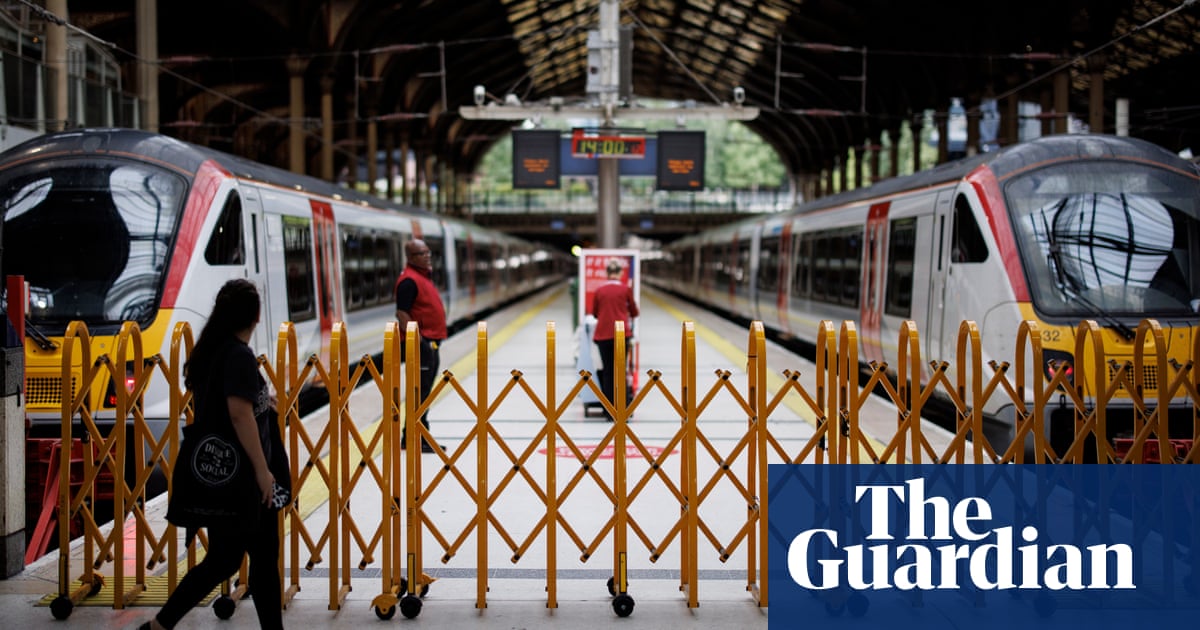Train drivers will strike again in early May in a series of rolling 24-hour walkouts that will bring many services around Great Britain to a halt.
The Aslef union has called a set of strikes from 7 May to 9 May across all the national rail operators contracted to the Department for Transport (DfT), falling within a six-day overtime ban that is also likely to cause severe disruption on some networks.
The industrial action is part of the long-running pay dispute, with some train drivers now going five years without a pay increase.
Most operators will not run any trains on strike days. Although the strikes are at the English operators under the DfT, cross-border services to Wales and Scotland will also be hit on relevant days.
Aslef members voted overwhelmingly in February to continue industrial action.
The union’s general secretary, Mick Whelan, said: “It is now a year since we sat in a room with the train companies – and a year since we rejected the risible offer they made and which they admitted, privately, was designed to be rejected.”
Drivers were offered a two-year deal worth 4% annually, but with changes to working conditions attached. The rise was less than that offered to other parts of the industry in percentage terms.
Whelan said the government’s argument that the offer should have been put to members was disingenuous, given the repeated strike votes.
Drivers will first strike at c2c, Greater Anglia, Great Northern, Thameslink, Southeastern, Southern/Gatwick Express and South Western Railway on Tuesday 7 May.
after newsletter promotion
It will be followed by a 24-hour walkout at Avanti West Coast, Chiltern Railways, CrossCountry, East Midlands Railway, Great Western Railway and West Midlands Trains on Wednesday 8 May; and at LNER, Northern and TransPennine Express on Thursday 9 May.
The wave of action is the fourth week of rolling strikes staged by Aslef since December, after it altered its tactics in a dispute that has lasted almost two years.







